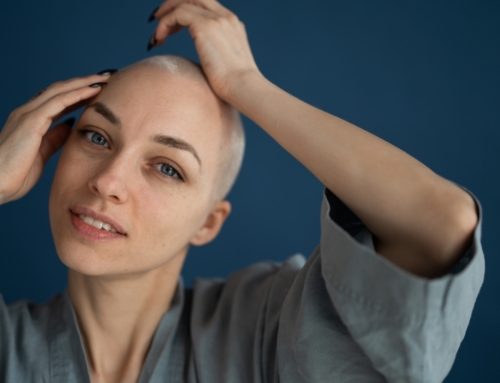Alopecia Areata Occurring After Age 50: Is it Different than Alopecia Areata in Younger Individuals?
Title of Study: Wu MC, Yang CC, Tsai RY and Chen WC. Late-onset alopecia areata: A retrospective study of 73 patients from Taiwan. Journal European Academy Dermatology Venereology 2012;
Background Information
Alopecia areata affects all age groups. In fact, 50 % of individuals with alopecia areata develop their first episode of hair loss before the age of 18.
Over the past 20-30 years, researchers around the world have gathered information about the characteristics of patients with alopecia areata. We have come to understand that a wide range of autoimmune diseases can occur in patients with alopecia areata. For example, previous studies have taught us that up to 20 % of patients with alopecia areata have thyroid disease and nearly 50 % of patients with alopecia areata have an itchy skin condition known as atopic eczema. In addition, we now know that a family history of alopecia areata occurs in about 10 to 20 % of patients.
Alopecia areata is an autoimmune disease. Many autoimmune diseases behave differently in older individuals than younger individuals. We don’t know exactly why this occurs but it may be because the immune system changes as we get older.
But what about alopecia areata? – Does this condition have different characteristics in those who first develop the condition after age 50? Do older patients differ from younger patients with alopecia areata?
Purpose of Study
Researchers from Taiwan set out to determine the characteristics of individuals who developed their first episode of alopecia areata after age 50.
Results of Study
The study consisted of 73 patients with alopecia areata. All patients developed their first episode of hair loss after age 50. Two-thirds of the patients in the study were female and one-third of the patients were male. Approximately one-third were found to have thyroid abnormalities and one-quarter had a skin condition, like nail pitting or atopic eczema. None of the 73 patients had a family history of alopecia areata.
Conclusions
All in all, this small study suggested that older individuals who develop their first episode of alopecia areata may have slightly different characteristics compared to younger individuals. More studies are needed to definitively prove this, but it appears than
alopecia areata first occurring in older individuals:
- tends to be a milder type
- may be slightly more likely to affect women than men
- may not have as strong of an association with skin eczema or a family history of alopecia
Dr. Jeff Donovan





